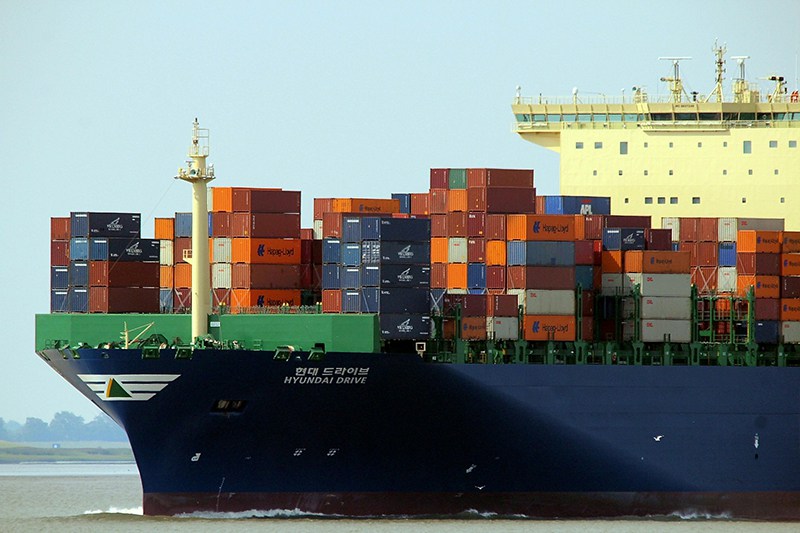
The Port of Amsterdam will soon get a new factory that will be able to convert unrecyclable plastic into fuel for ships.
The processing of plastic waste is expected to cut CO₂ emissions by 57,000 tons per year, compared to today’s manner of waste management.
Bin2Barrel, a Dutch company focusing on the development of plastic to projects, and the Port of Amsterdam expect the plant to be operational by the end of this year.
The construction of the new IGES Amsterdam factory began on June 15, 2018. The project is supported by the Dutch government, which recently added chemical recycling to its national waste management plan.
As explained, the idea is that synthetic materials that could not be reused otherwise will now become reusable in a useful application, while at the same time offering a more sustainable alternative for traditional transport fuels. The ultimate goal is the application of the produced substances in the production of new synthetic materials, in other words, chemical recycling.
The first plant of Bin2Barrel, accomplished with an investment of approx. EUR 28m, will produce more than 30m liters of fuel per year out of 35,000 tons of non-recyclable plastic. In combustion of the produced fuel, the return on energy is nearly three times higher (80%) than in direct burning of plastic in waste incinerators (33%).
Despite the fact that the fuel could also be suitable for other sectors, Bin2Barrel focuses first on selling it to the marine industry.
“The use of plastic and the lack of a proper processing of plastic cause massive pollution worldwide. Bin2Barrel introduces innovative and badly needed technology that will enable us to make use of a currently non-recyclable flow of waste in a manner that makes perfect sense,” Roon van Maanen, Head of Circular & Renewable Industry at Port of Amsterdam, said.
“By creating a new product from an otherwise problematic waste product, Bin2Barrel fits perfectly within the mission of Port of Amsterdam to facilitate energy transition as well as transition to a circular economy,” van Maanen added.